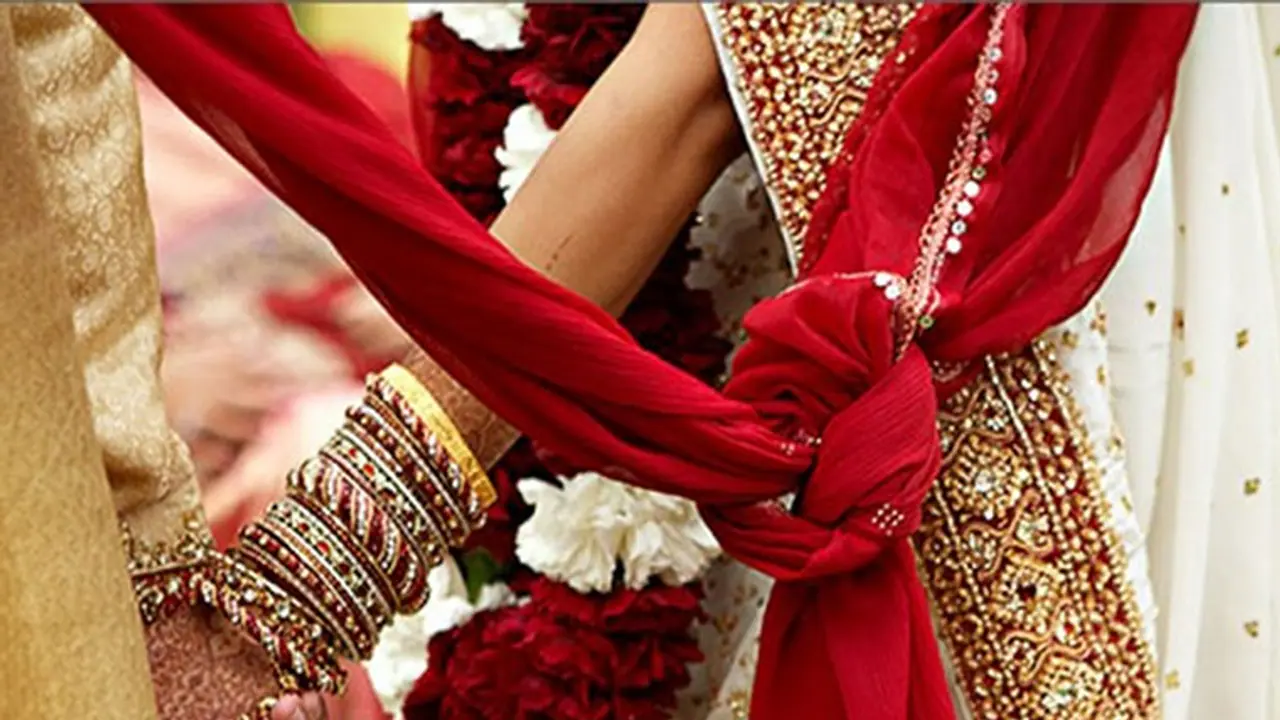The SC ruling on the arrest does not provide safety to any of the parties. There are chances that the evidence will be tampered and victims discouraged or threatened against going to the court. It is being said that most of the cases on dowry harassment are being hushed up with out-of-court settlements before they reach the court.
The genuinity of 498(A) cases is debatable on many occasions indeed! However, does the SC ruling on the arrests in such cases foolproof? Does it ensure that there will be no such cases anymore or does it guarantee that it will be not misused by men? Strangely, the dilemma persists in either of the cases, if we are to argue about the pros and the cons.

It is certainly a matter of concern when Women and Child Development Minister Maneka Gandhi raised issues pertaining to increasing cases of harassment of men and their families by women who choose to abuse the very law that was meant to protect them. However, it also raises concern the other way round when the Supreme Court rules that a man or his family cannot be issued Red Corner Notice till the time the case is proved. Doesn't that leave room for escape? Even the passports have been directed not to be seized in such cases, which leaves even more room for foul play.
The Supreme Court seemed to be in a haste to pass the ruling without thinking of the cons. For instance, the SC also ruled that all the cases will be first sent to the family welfare committee (to be formed in every state) who would have to verify the evidences of the case by speaking to both the parties and submit a report within a month for further action. The question that remains to be answered here are:
- What is the guarantee that the victim will not be murdered to remove evidence?
- Who will take the responsibility to protect the evidence and the victim?
- Is there any guarantee that corruption will not come in the way of rightful judgement?
SC answers none of it. In a report by Deccan Chronicle in 2015, the dubious effect of the 'watch and wait' strategy is clearly explained. According to the report, most of the cases against men have not been reported or have been deliberately hushed up so that the inefficiency of the state police in handling such cases does not come to light. In othet cases, women and their families are either counselled into withdrawing the cases or are threatened. This again questions the provisional data of the National Crime Records Bureau (NCRB) which states that close to 16,351, 4,204 and 531 cases have been registered under the Protection of Women Against Domestic Violence Act, 2005 in 2012, 2013 and 2014. And out of 90,000 to one lakh cases investigated every year, nearly 10,000 complaints of dowry harassment turn out to be false. However, this needs to be scrutinised further, given the above-mentioned factor where external forces act in non-reporting of cases.
[Read: Maneka Gandhi Finds A Solution For Men Complaining Of Fake 498 (A) Cases ]
S T Ramesh, former Karnataka Director General of Police-HumanResources and Training had once mentioned,"Essentially, the NCRB obtains data from the state governments. In some states, the actual number of cases registered is not reported or deliberately shown to be less because large figures are considered a black mark on the policedepartment.”
Several such cases have sightings in various newspapers. For instance the case of Maya, as reported by the Deccan Chronicle article, proves to be a classical case of botched innocence by the husband. Narrating her ordeal, she said, "After Maya, who works with an Information Technology firm in Kolar, lodged a domestic violence complaint with the police, her husband, a lawyer, filed a counter case. Consequently, she was picked up from her office one afternoon and taken to the police station where she was brutally beaten. Eventually, it was revealed by the local media that her husband had paid off the police to torture her."
23-year old Rekha is another case in point. Married to a gym instructor, she was often tortured mentally for her appearance and was even forced to watch pornographic films. When the disturbed woman tried to lodge a complaint with the police, she was instead 'counselled' by them to put up with the torture and he was her husband. When human rights activists tried to intervene, they were threatened and now Rekha lives in constant fear.
[Read: No Arrests Until Dowry Cases Are Verified: SC]
Having considered all the above-mentioned cases, it needs to be said that India needs a much stronger, foolproof law to encompass the interests of both men and women. While it is impossible to ignore cases of dowry harassments against women, it is equally impossible to ignore the human rights violation against men and their families.
